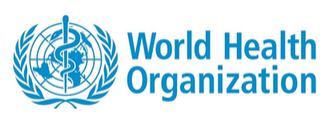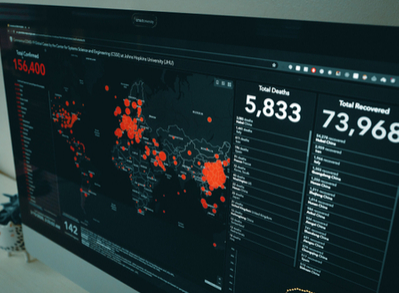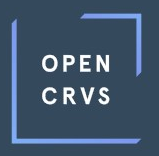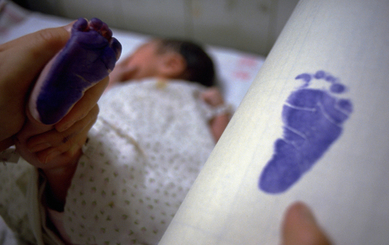Poverty, human rights, and statelessness interrelate with one another to varying degrees. Underlying the dynamics of this relationship is a functioning CRVS system, particularly birth and marriage registration, and national identification. Governments and development partners in Asia and the Pacific recognize the importance of birth registration in ensuring people’s access to basic services and lifting them out of poverty. As a result, they have committed to achieving universal birth registration and realizing all goals by the end of the Asia-Pacific CRVS Decade 2015-2024. It is therefore important to develop a better understanding of this ecosystem to design effective policies for improved service delivery to affected populations.
Raoul Wallenberg Institute (RWI), with funding support from the Government of Sweden, hosted a workshop on 16th December 2022 to explore the nexus between poverty, human rights, and statelessness in Cambodia. The workshop provided a platform for academia, development partners, and representatives from civil society organizations to share experiences from their work and deepen discussion on the interrelationship, including ways forward for Cambodia. Experts and researchers presented findings from the RWI-supported pilot research at two panels on enabling international frameworks and national policies and regulations. They also shared preliminary findings from their fieldwork to affected communities in six provinces in Cambodia.
The study identifies the challenges that ethnic Vietnamese and Khmer Krom face without legal identification and highlights the need for more support. Panelists and participants emphasized the links between birth registration, social inclusion, and access to public services. They also discussed the process of issuing new permanent residence cards as part of implementing the National Strategic Identification Plan 2015-2026, and the progress made by the Royal Government of Cambodia in developing the draft Law on CRVS and Identification.
Please visit this link for more information.












